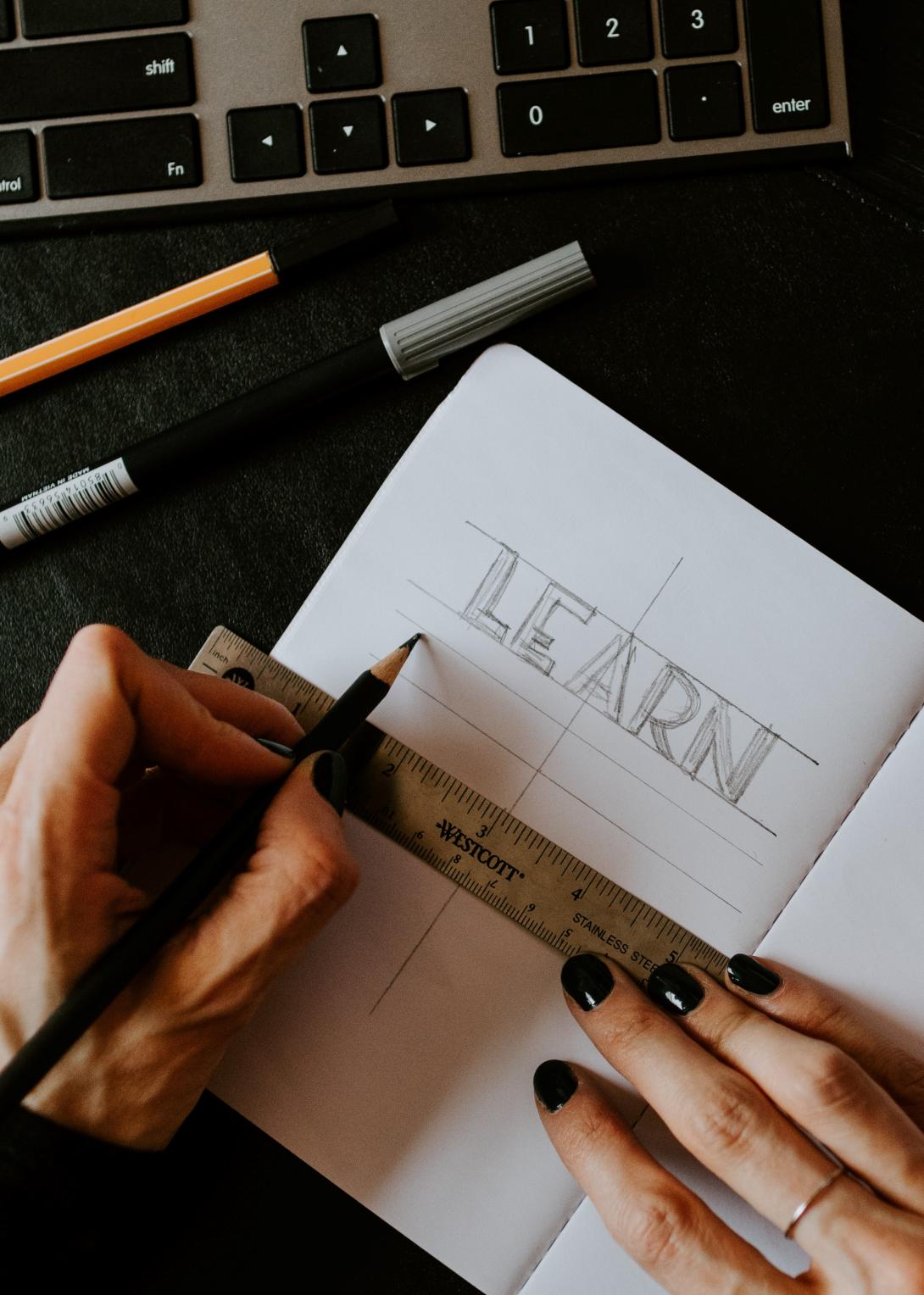Service-learning and community-engaged learning are high-impact educational practices (Kuh 2008), shown to have measurable impacts on students’ attitudes, values, and skills over the course of just one semester (Eyler, Giles & Braxton 1998). Assessing those often abstract impacts as an instructor can prove challenging. It’s essential to evaluate students’ learning, rather than their service, and to provide feedback along the way (Bradley 1995).
Below we highlight key recommendations, resources and tools that can help you more effectively measure the effects of your community-engaged teaching, research, and service on student learning. We would be glad to work with you to incorporate any of these resources into your community-engaged efforts.
- Contact us at [email protected] or if you have any questions about these resources.
- Use our Support Request Form to request a consultation or workshop.
- Join our Academic Partner mailing list to stay informed about upcoming events and opportunities!
How can I effectively assess my students learning?
-
Use your course goals to articulate specific values, attitudes, and skills you want your students to develop. Assessment tools for service-learning often focus on the development of specific constructs of civic-mindedness, and you may be able to find a scale or rubric that benchmarks the language in your course goals. (See, for example, the AAC&U rubrics.)
-
Facilitate reflection as a method of formative assessment for your course. Formative assessment is often low-stakes or ungraded; it provides the instructor with information about students’ learning and experiences as well as an opportunity to offer feedback. Reflection also fosters meta-cognition, which improves students’ self-awareness and ability to transfer learning to new situations. Our page on Supporting Critical Reflection in Community-Engaged Learning offers additional resources and tools.
-
Collect information you can use to refine your teaching and assessment for future courses. Classroom Assessment Techniques (CATs) offer low- to medium-prep exercises to check students' learning and response to teaching. Include questions about community engagement on your course evaluations, or consider a pre- and post-assessment that indicates how students have grown over the course of their community engagement experience and gives you data for building the next semester’s syllabus.
What end-of-term questions can I use to evaluate my students' learning?
- Course evaluation questions are one way to measure the impact of community-engaged courses on students' learning.
- We offer both open-ended and closed-ended community-engaged course evaluation questions, which you can include in the instructor-added portion of your course evaluations.
What tools can I use to assess my students' learning?
-
The Civic Attitudes and Skills Questionaire (CASQ) evaluates students on 65 measures of attitudes, skills, and behaviorial intentions related to community engagement. The questionaire covers 6 factors: civic action, interpersonal and problem-solving skills, political awareness, leadership skills, social justic attitutudes, and diversity attitudes.
-
Townson University offers surveys for community partners to evaluate students' progress at the midpoint and end of their service placements.
-
For STEM-specific perspectives, explore: “An Assessment Approach to Project-Based Service Learning” from the EPICS program at Purdue University and “Teaching Service-Learning in the Geosciences” from Carleton College.
-
The Civic Minded Graduate Scale model identifies knowledge, skills, and dispositions of civic-mindedness and includes tools to measure those constructs.
-
U-M’s Assessment Tools for Engaged Learning offers evidence-based resources tied to the Provost’s Engaged Learning goals, including creativity; intercultural engagement; social/civic responsibility and ethical reasoning; communication, collaboration, and teamwork; self-agency, and the ability to innovate and take risks.
What is the research on assessment of student learning?
- Our annotated Bibliography on Assessing Student Learning offers a collection of books, articles, and tools that can support your community-engaged learning efforts.
- Topics include:
- Classroom Assessment
- Community-Engaged Learning's Impact on Students
- Institutional Assessment of Student Learning (Department, School or Campus Level)
- Tools to Support Institutionalizing Community-Engaged Learning

